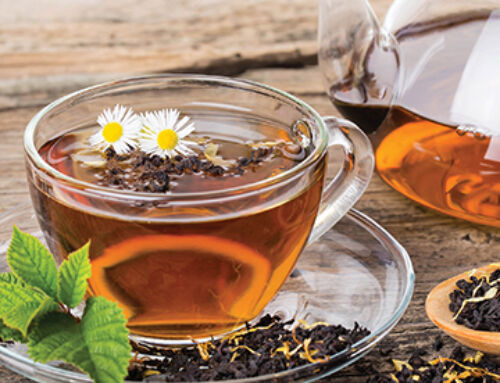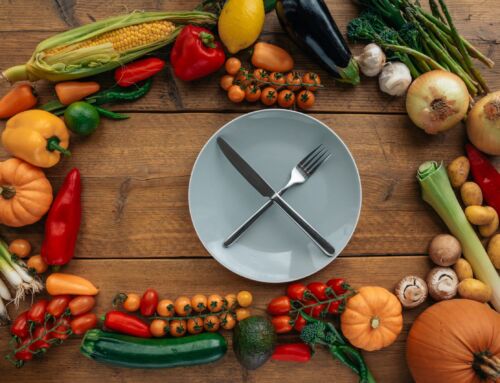Are you suffering with Irritable Bowel Syndrome?
Are you suffering with Irritable Bowel Syndrome?
Irritable Bowel Syndrome (IBS) affects approximately 1 in 5 people nationally. IBS is a functional bowel disorder which is characterised by a variety of symptoms including constipation and/or diarrhoea, urgency with bowel movements, bloating, flatulence and tummy discomfort. Many of my clients are often told that IBS is something they just need to tolerate, however this doesn’t have to be the case. There are many natural ways to manage IBS.
My top 6 drivers of IBS are:
- Lack of dietary fibre and diversity may contribute to IBS-Constipation. Our microbiome needs lots of dietary fibre to function optimally. If we are lacking fibre in our diet, the good gut bacteria cannot thrive and this may also result in symptoms of constipation. Women need 21- 25 grams of fibre daily while men need 30 – 39 grams per day.
- Consumption of the FODMAP (fermentable, oligosaccharides, disaccharides, monosaccharides and polyols) foods may also be a reason why someone is experiencing IBS symptoms because FODMAPS are not well absorbed in the bowel. Reducing the consumption of fermentable carbohydrates for a period of time while you work on healing your gut and strengthening your microbiome. This has been shown to reduce symptoms of IBS in some individuals who are sensitive to these particular carbohydrates.
- Food Intolerances. Do you feel bloated or sick after a meal? A food intolerance may be making you feel unwell. Many clients with IBS are aware that certain foods aggravate their symptoms, however it may not always be easy to identify exactly which food/s is causing the issue. I offer food intolerance testing to identify if certain food/s are the cause of your IBS.
- The Gut-Brain Axis. Have you ever wondered why you feel ‘butterflies’ or ‘sick’ in the tummy when you are anxious, worried or stressed? The brain and the gut communicate bi-directionally which means the brain (thoughts, feelings, emotions) affects gut function and the microbiome in the gut affects brain function through direct communication with the neurons in our brains. Stress or worry has a direct effect on gastrointestinal function which can interfere with the absorption of food leading to bloating and other symptoms. This is the reason why some people report gastrointestinal upset such as diarrhoea when they are nervous or stressed.
- Gut flora. Alterations in the microbiome can occur due to stress, medications such as antibiotics, poor dietary choices and alcohol. These alterations can lead to an imbalance between the ‘good’ and ‘bad’ bacteria in our gut which is referred to as ‘dysbiosis’. Dysbiosis can lead to the symptoms associated with IBS because our good gut bacteria are no longer performing the tasks they are meant to do, such as breaking down our food so we can absorb nutrients.
- Infection. Many patients report not feeling well after a gut infection. Post-infectious IBS is a common occurrence and can often happen after picking up a tummy bug while overseas or having a bout of gastroenteritis. I also am seeing an increasing number of patients with chronic IBS who are also suffering gut infections from bacteria and parasites such as Blastocystis hominis. Dientamoeba Fragilis and Giardia. Being tested for and gut bugs is a great way to rule in or rule out a definite aggravator of IBS
The Naturopathic Approach
Managing IBS requires an individualised approach as each patient will have a unique set of drivers contributing to their symptoms. The main aim is to get to the underlying cause of the problem and address these factors. I use functional testing to gives me the most comprehensive information about what is happening in your digestive system. Addressing the diet, balancing the gut flora and managing stress can all work wonders for your gut health. There are some amazing herbal and nutritional supplements which can also be used to address the underlying causes of IBS and reduce unwanted symptoms.
Book your initial consultation with me today or a free 15-minute discovery phone call to see how I can help.
Yours in health,
Peter Mullen




